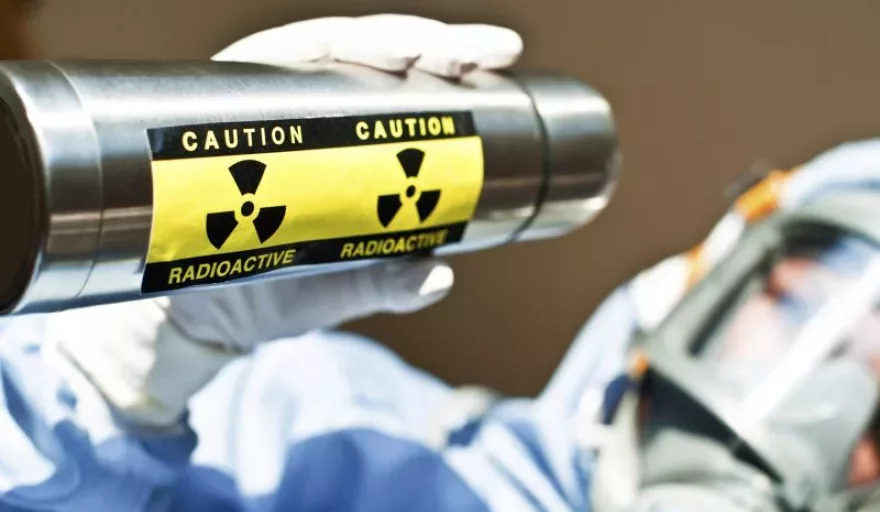Singapore is to ramp up its nuclear technology expertise with the announcement of a new programme.
The 10-year Nuclear Safety Research and Education Programme was announced on Wednesday by the National Research Foundation (NRF). The scheme will start with S$63 million of funding, allocated for the first five years.
With only a handful of nuclear exports in Singapore left, the NRF hopes to train some 100 scientists and engineers in this area over the next decade. It is hoped that by about 2024, it is hoped that these scientists and engineers will be expertly trained in three areas: radiochemistry, radiobiology and risk assessment.
Radiochemistry is the study of radiation in the environment, such as in the air, water and soil. Uses include detecting the presence of radiation in imported goods, such as seafood. In radiobiology, scientists study the impact of low-level doses of radiation in humans; while the risk assessment aspect of this study will learn the activities of a nuclear reactor, and what to do if things go wrong.
The NRF said that the new programme is part of a broader plan for Singapore to keep up with nuclear technology developments in the region. “This is important because as a nation, we need to build up capabilities in nuclear technology for many reasons. Firstly, nuclear technology is now pervasively used in many different industries. Secondly is nuclear technology. Nuclear energy is something that we need to be aware of,” says Professor Low Teck Seng, CEO of the NRF.
“Many of our neighbours are also looking at nuclear technology, and it is important as the Prime Minister says, for us to be aware, to be knowledgeable, and as such, be able to assess the technology and its impact on Singapore – be it in terms of potential that it has for us, in terms of the risk that we face, as well as the ability to harness its potential in every aspect.”
There are two components to the programme: The Singapore Nuclear Research and Safety Initiative (SNRSI) and the Nuclear Education and Training Fund (NETF). SNRSI will focus on research and developing capabilities in nuclear safety, whilst the NETF will support education and training in those areas.
The National University of Singapore will offer Engineering and Physics students a minor in Medical Physics in order to give students with an interest in nuclear technology a stepping stone into, or foundation in the subject. Additionally, there will be post-graduate scholarships for students to pursue nuclear technology studies overseas.
The NRF is also looking into public education, strengthening the awareness of the benefits and safety aspects of nuclear technology.



































